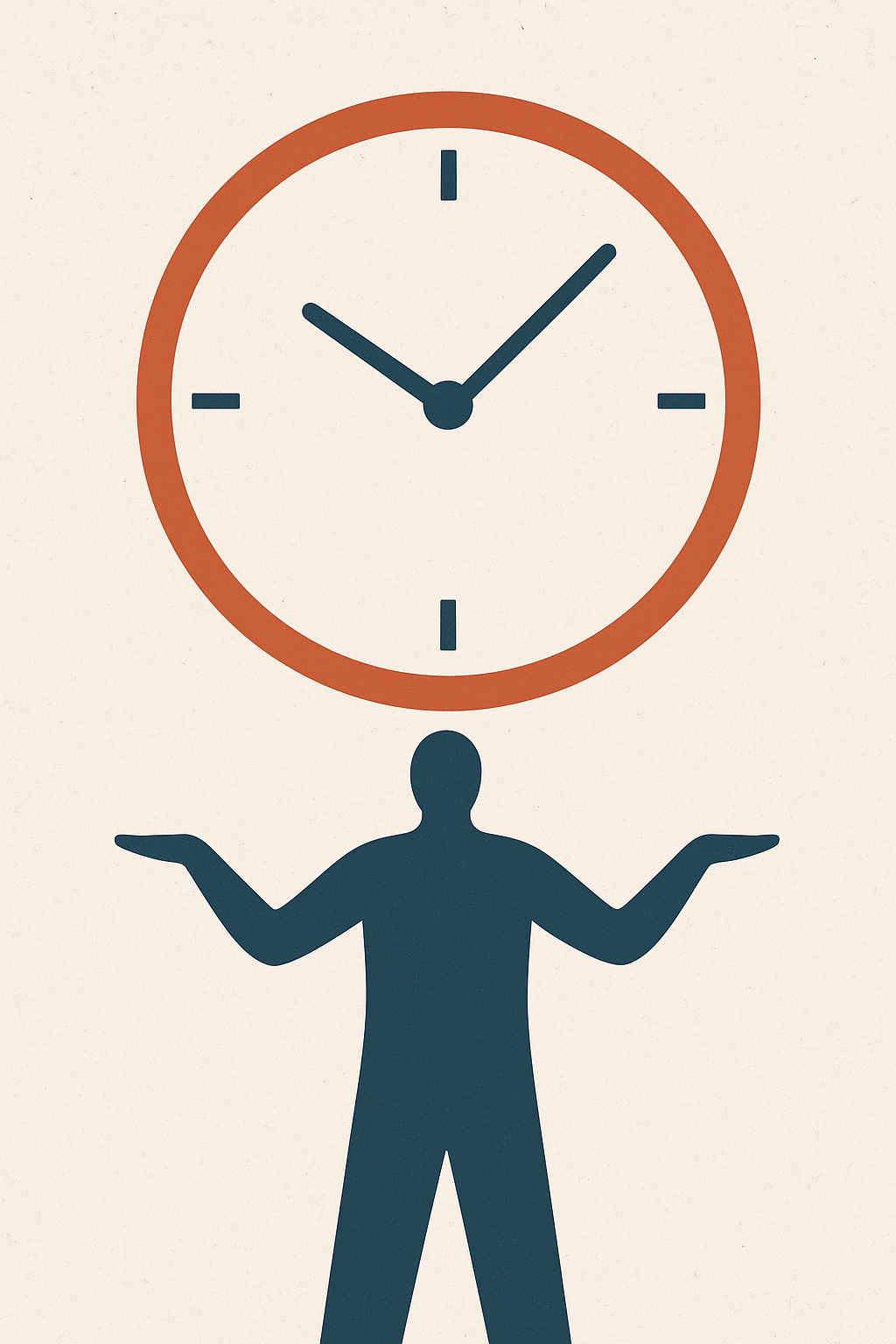Reframing Duty Hours: From Compliance to Culture
Every fall as we prepare for semiannual reviews and data submission season, the same reminder circulates:
“Residents, please make sure your work hours are up to date”.
And yet, the conversation often stops there.
Work hour reporting becomes a compliance checkbox rather than an opportunity for reflections or systems improvement. For many residents, the process feel punitive or irrelevant. Another task in a long list of administrative burdens. For leaders, it becomes a metric to monitor rather than a window into how the learning environment truly functions.
But what if we reframed the purpose?
Beyond the Numbers
Work hours are not just about time, they’re about trust.
Accurate reporting helps identify patterns of fatigue, systemic inefficiencies, and areas where workload consistently outpaces support. When residents underreport hours, it’s rarely about dishonesty, it’s about culture. It reflects whether they feel safe to say, “I’m stretched too thin,” or whether that admission will be met with judgement.
A culture of psychological safety, allows work-hour reporting to serve its intended purpose, ensuring that the educational experience remains humanize, balances, and sustainable.
The “Why” Behind the Log
We often tell residents what to log, but rarely explain why it matters:
It’s connected to well-being data that informs institutional wellness initiatives.
It helps program justify resources needs (e.g., additional support staff or restructuring rotations).
It ensures patient safety- fatigued clinicians are at a higher risk for errors.
It signals to accrediting bodies that programs take their learning environment seriously.
Understanding the “why” transforms compliance into participation.
Building a Culture That Supports Reporting
Encouraging accurate work-hour documentation starts with leadership. Program Directors, Coordinators, and Faculty can:
Normalize honest conversations about fatigue.
Review and discuss trends without assigning blame.
Provide regular feedback loops- “Here’s what we noticed from the data, and here’s what we are adjusting.
Model vulnerability by acknowledging their own limits.
When leaders create a space where transparency is valued over perfection, residents learn that their voices, and their well-being matter.
From Hours to Health
Duty hours are not an enemy of professionalism, they’re an instrument of sustainability. Our goal shouldn’t be to make the numbers look right. It should be to make the systems work right. When work hour reporting reflects reality, it becomes a mirror for growth, not a measure for failure.
How does your program approach the conversation around work hours- as compliance or as culture?


